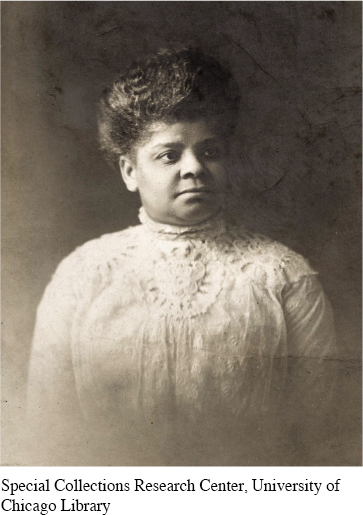Muckrakers
The growing desire for reform at the turn of the century received a boost from investigative journalists known as muckrakers. Popular magazines such as McClure’s and Collier’s sought to increase their readership by publishing exposés of corruption in government and the shady operations of big business. Filled with details uncovered through intensive research, these articles had a sensationalist appeal that both informed and aroused their mainly middle-class readers. In 1902 journalist Ida Tarbell lambasted the ruthless and dishonest business practices of the Rockefeller family’s Standard Oil Company, the model of corporate greed. Lincoln Steffens wrote about machine bosses’ shameful rule in many American cities. Ida B. Wells wrote scathing articles and pamphlets condemning the lynching of African Americans. Other muckrakers exposed fraudulent practices in insurance companies, child labor, drug abuse, and prostitution.

REVIEW & RELATE
What late-nineteenth-century trends and developments influenced the progressives?
Why did the progressives focus on urban and industrial America?
Exploring American HistoriesPrinted Page 620
Exploring American Histories Value EditionPrinted Page 456
Chapter Timeline